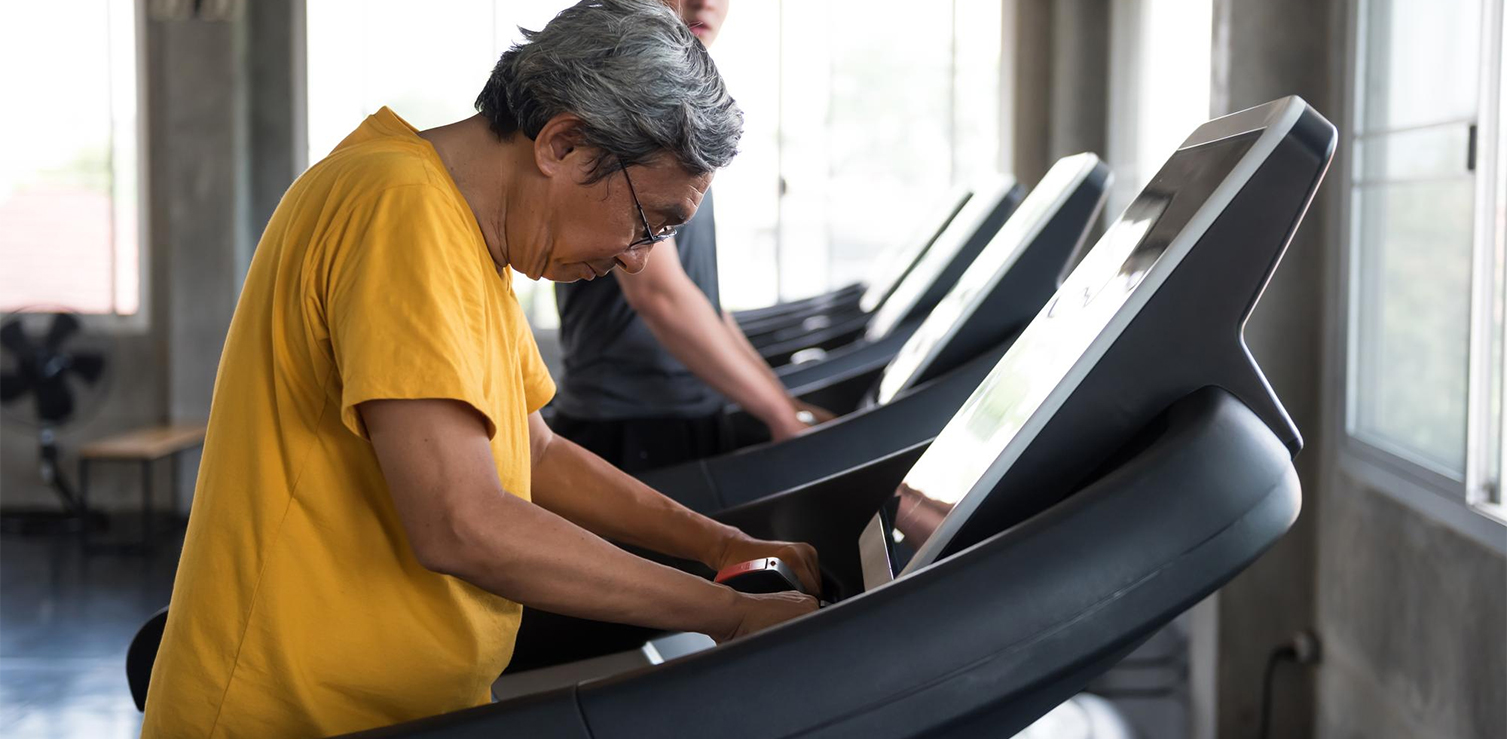
- TMT
(also called: cardiac stress test, treadmill stress test)
A treadmill exercise stress test is used to assess the impact of exercise on the heart. Exercise enables physicians to detect irregular heart rhythms (arrhythmias) and determine the presence or absence of coronary artery disease. This test consists of walking in place on a treadmill while your heart's electrical activity is monitored. Throughout the test, the treadmill's speed and incline rise. The findings demonstrate how well your heart adapts to the stress of varying degrees of activity.
Indication
- Congenital heart disease.
- Congestive heart failure.
- Coronary artery disease.
- Heart valve disease.
- Hypertrophic cardiomyopathy.
- People with high-risk occupations (like pilots or professional athletes) may also need stress tests.
Procedure
- A diagnostic technician will explain the test, collect a brief medical history, and answer any questions you may have. Your blood pressure, heart rate, and electrocardiogram (ECG) will be monitored before, during, and following the test.
- You will be requested to remove all upper-body clothing and put on a gown that opens in the front.
- Adhesive electrodes will be placed on your chest to record an ECG. Alcohol will be used to clean the electrode placement sites, and if necessary, the areas will be shaved. A slight abrasion may also be employed to achieve high-quality ECG recording.
- Your resting blood pressure, heart rate, and electrocardiogram will be taken.
- You'll be asked to walk on a treadmill.
- The walk begins slowly, then gradually increases in speed and incline at predefined intervals. You must walk for as long as possible because the test is effort-based.
- You will be monitored throughout the test. If a problem arises, the technologist will halt the test immediately. You must inform your technician if you have any symptoms like chest pain, dizziness, unexpected shortness of breath, or acute exhaustion.
- After the test, you will be asked to lie down. Your blood pressure, heart rate, and ECG will be recorded for three to five minutes following exercise.
- A cardiologist will review the results once the test is completed. A report will be sent to the doctors involved.


 0141-3120000
0141-3120000